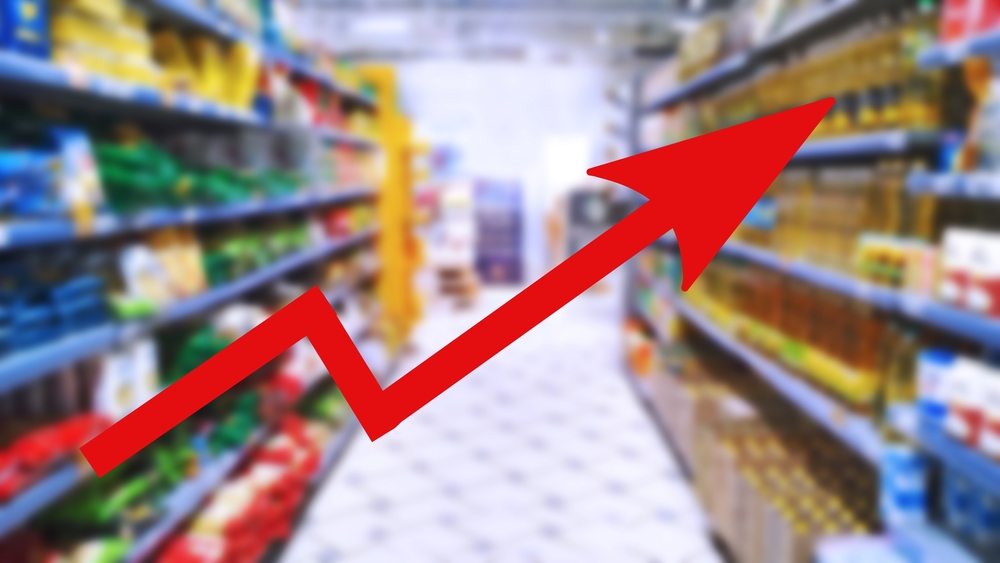Credit Cards & Loans
Brits cut back and borrow as prices soar

Most consumers are cutting back, borrowing or dipping into savings as the cost of living crisis bites, according to research by Which?
The consumer champion found that the majority of people made changes to their lifestyle or finances to cover essential spending in the past month.
According to the latest findings from Which?’s Consumer Insight Tracker, pressures on household finances have continued to worsen as millions of people faced significant price hikes to their energy, broadband, mobile, water and council tax bills in April.
Six in 10 (59%) consumers said they had to make an adjustment – such as cutting back on essentials, borrowing from family and friends, taking out loans or credit cards, dipping into savings or overdrafts or selling items – to cover essential spending in the past month. This is a significant increase from 35% in April 2021 and 54% in March 2022.
The most common adjustment was cutting back on essentials such as groceries, school supplies and medicines. Four in 10 (39%) people said they have done this to make ends meet.
Three in 10 (28%) said they had to dip into their savings to cover everyday costs and 7% said they had sold possessions. One in 10 (10%) had borrowed from friends and family and 8% had taken out a new credit card or borrowed more on an existing one.
Which? found that an estimated 2.1 million households missed or defaulted on at least one mortgage, rent, loan, credit card or bill payment in the past month. Rent and household bills were the most common types of missed payment, with 6% of renters missing their rent payment and 5% of all consumers saying their household had missed a bill payment.
Missed payments were much more common among consumers on lower incomes. Of those consumers in the Which? survey on an income of up to £21,000, one in 10 (11%) reported missing a payment in the past month.
Energy bills were the most commonly reported type of missed household bill (2.2%), This figure is expected to increase now that the energy price cap has gone up. Other common types of missed bill were water bills (1.4%), phone bills (1.3%) and broadband bills (1.3%).
More than half (55%) of those who reported missing a bill payment said they had missed more than one.
Which? says its research clearly shows the most financially vulnerable are facing difficult financial decisions just to stay afloat. With inflation and price hikes expected to continue rising in 2022, it says the government and businesses must take action to support those who could find themselves in a desperate situation as the cost of living crisis continues to worsen.
Adam French, Which? consumer rights expert, said: “Our research shows how a relentless cost of living crisis is putting huge pressure on household finances – with six in 10 people saying they’ve had to adjust their finances to help make ends meet in the last month.
“Millions of people faced significant price hikes to their energy, broadband, mobile, water and council tax bills as well as rising food prices this month. With the economic situation only expected to worsen in 2022, the government and businesses must urgently take action to support those who could quickly find themselves in serious financial trouble if things deteriorate further.”